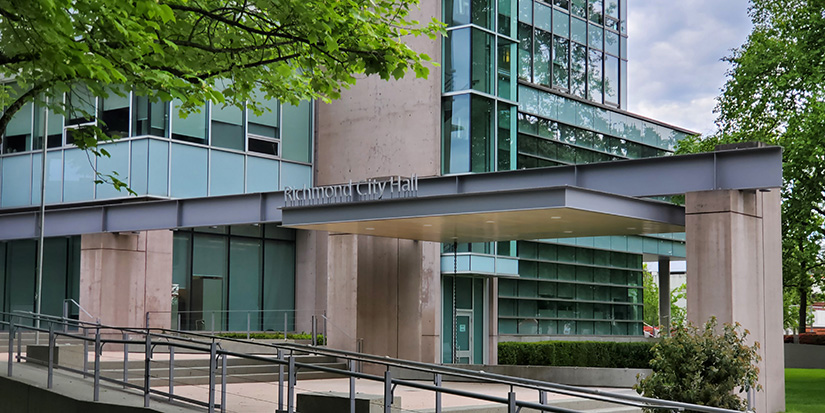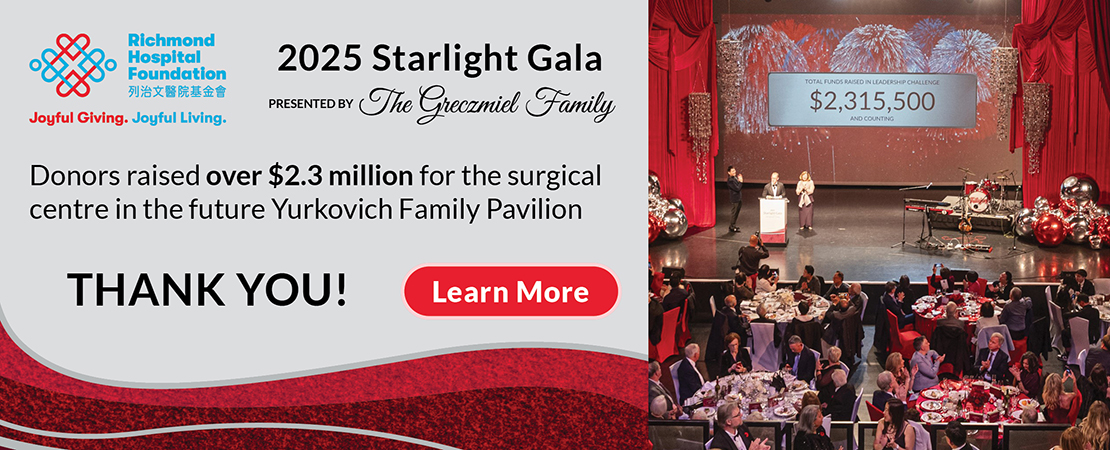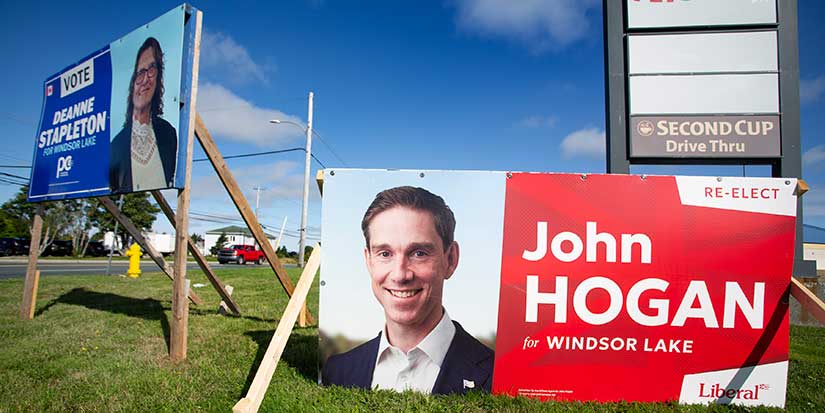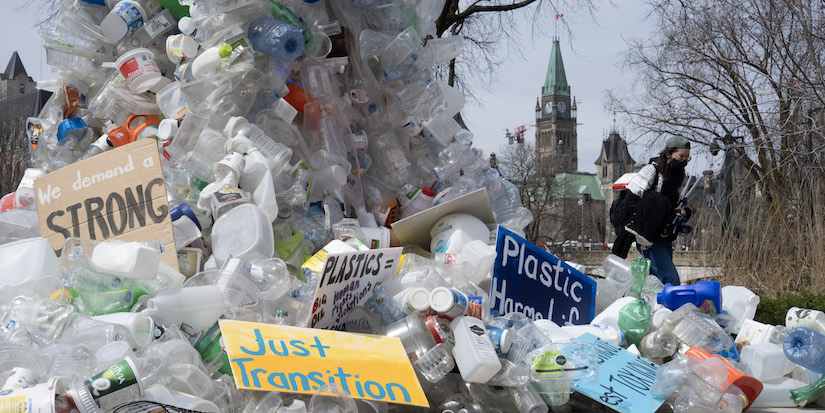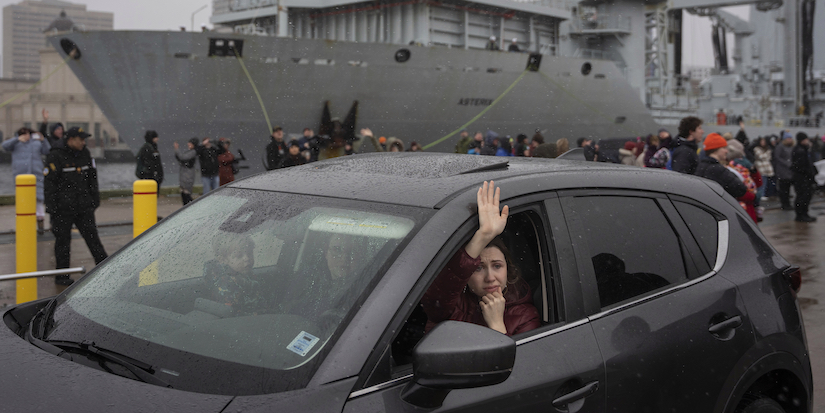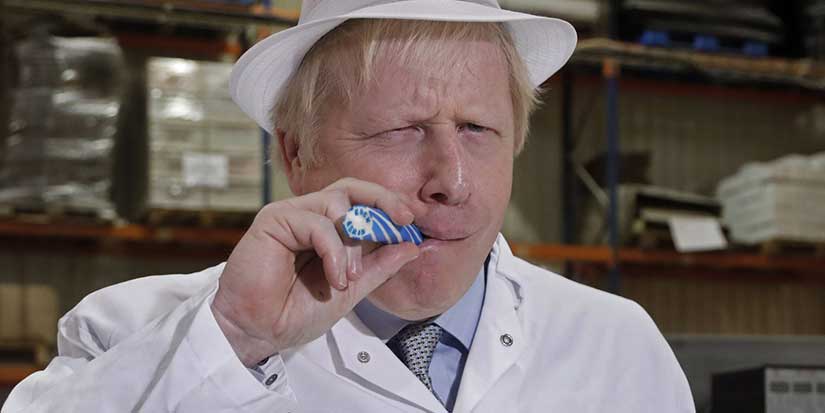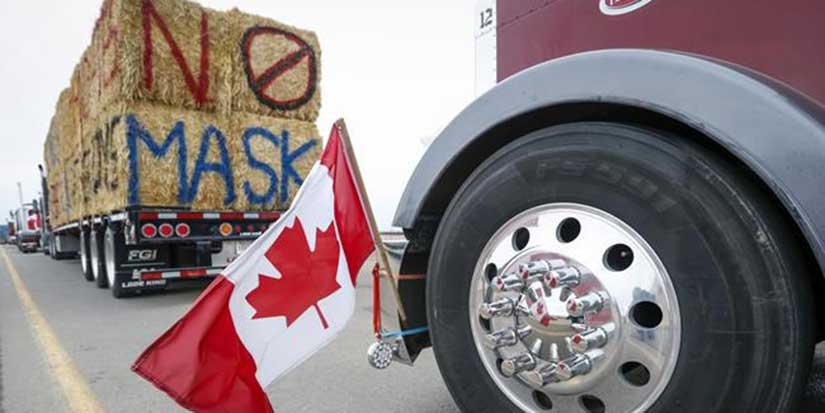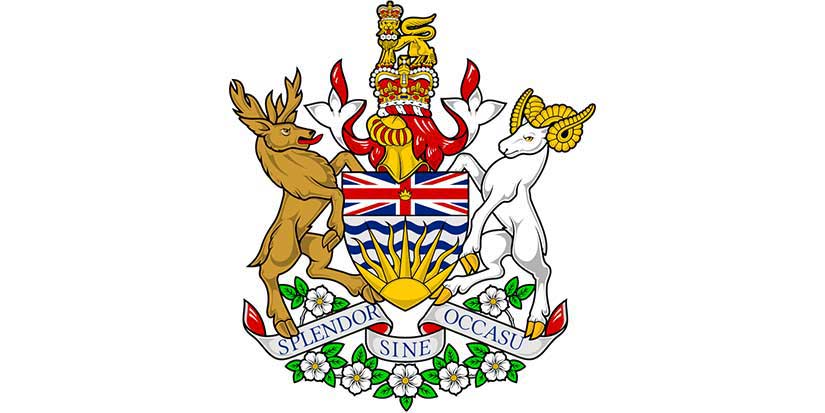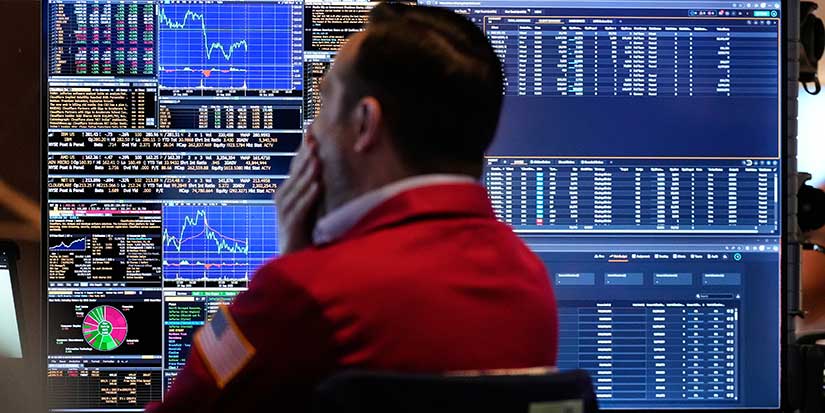Latest News
The new normal

Published 10:22 PDT, Thu May 14, 2020
Last Updated: 2:13 PDT, Wed May 12, 2021
—
What will normal look like after COVID-19? Physical distancing will continue, people will wear masks, and seniors will remain isolated until a vaccine is created. But what about the economy?
Some countries were slow to listen to scientists and act against the pandemic, and the world paid for their inaction. The same applies to climate change, an even greater pandemic awaiting us. The longer we wait, the harder it will be to control and slow climate warming.
Since the travel lockdown, there have been clear skies with a 25% drop in CO2 emissions due to a reduction in burning coal and oil and a decline in air travel and transport. This clearly demonstrates that we can make a difference.
The United Nations warns that, due to COVID-19, people facing severe food insecurity worldwide could double from 135 million in January to 265 million by 2021. This due to the fact that millions can only eat if they are working and earn a wage. As well, there are production and distribution issues, lack of farm labour, export bans and existing climate related problems of floods, wildfires, drought and locusts. Compound that with the announcement by Columbia University researchers that California and the US southwest, which supply most of our food, might be experiencing the second worst megadrought in 1,200 years.
We saw what happened to the supply of masks during the pandemic. The food supply chain could be equally threatened. One of Council’s strategic goals is to be a Safe and Environmentally Conscious city. That includes an emphasis on local food systems, urban agriculture and organic farming. It is time for the BC Government to get more land into food production. BC had a Land Bank in 1973 and 10,000 acres were leased or sold to young farmers over four years before it was discontinued. During WWII, when food was rationed and sent overseas to support the military, Canadians and Americans grew 42% of their vegetables and small fruit in their own “Victory” gardens. We may have to do it again.
COVID-19 drastically destabilized the oil and gas industry. The price of fossil fuels will remain low and jobs will be few while the pandemic continues. Canada has recently subsidized oil and gas to provide jobs cleaning up old wells. Let’s end it there while we have a chance. It’s time to retrain, retool and develop solar, geothermal and wind energy, augmented by existing dams and low level or deep valley dams that do not flood forest and farmland like the planned Site C Dam.
Let’s all continue with the environmentally positive changes we have made with COVID-19 like video conferencing and reduced air travel, e-commerce and working from home. Cities must concentrate on increasing and improving public transit; and developing their own energy alternatives such as rooftop solar on every house. They need to promote local agriculture with farmers markets, allotment gardens, and taxation that encourages farming unfarmed lands. More cities should innovate and follow Richmond’s lead with enterprises like our award-winning Geothermal District Energy, Garden City Lands Farm School and Incubator Farms.
Corporations will urge politicians to return to the old ways to pay off pandemic costs. We must not let that happen. The new norm should be a more sustainable future that values clean air, water and food. We owe it to ourselves. We owe it to future generations.
